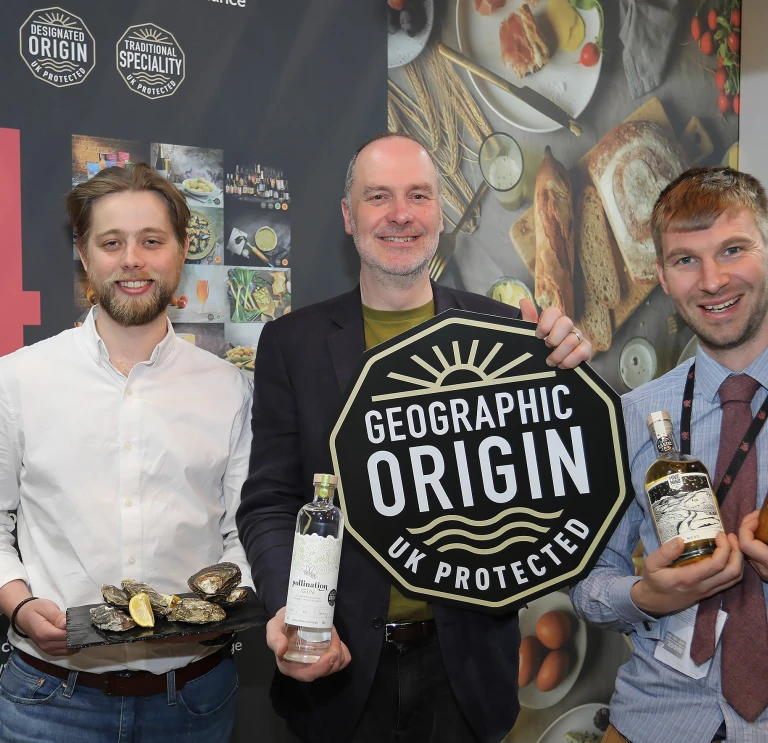The Welsh culinary scene is full of surprises. Just when visitors think they’ve tried every signature Welsh dish there is, from lamb to laverbread, a new product emerges to broaden the offering of what constitutes a true Welsh delicacy.
Wales already has an impressive 20 products that boast protected geographical status, a title that safeguards the quality and authenticity of the foodstuff, and ensures that the ingredient, be it Anglesey Sea Salt or Single Malt Welsh Whisky, is certified as an official flavour of Wales.
Now, Wales has four more products to add to that list, with Welsh Heather Honey, Dovey Native Botanical Gin and Pembrokeshire Oysters (both the “native” and “rock” varieties) receiving protected status in March 2025.
Welsh Heather Honey, which is sourced from Welsh hives by bees collecting pollen from the heather moorlands of Wales, is the first British honey to receive PGI status. The honey is unadulterated and undergoes minimal filtration, allowing the natural goodness to be retained. The result is a rich, thick honey with an intense sweetness, and an aroma reminiscent of the Welsh purple heather from which the honey is made.


Following hot on the heels of Single Malt Welsh Whisky, which received PGI status in July 2023, Dovey Native Botanical Gin is flying the flag for Welsh gin. Produced in the Dyfi UNESCO World Biosphere Reserve in Mid Wales, the gin is infused with 18 botanicals, all of which are foraged from within the reserve, creating a complex blend of flavours that is reflective of the naturally diverse landscape where it’s produced.


Lastly, we have our oysters. Wales already boasts protected status for its delicious mussels that grow in the Menai Strait in North Wales, but the country now has its own special variety of oyster too. Pembrokeshire oysters are grown in the Daugleddau Estuary in West Wales, where the mineral-rich waters of the Atlantic Ocean mix with the nutrient-filled river waters, rolling down from the Preseli Mountains through salt marshes and seagrass beds. Though grown in the same estuary, both Pembrokeshire Native Oysters and Pembrokeshire Rock Oysters have their own PGI status. The former are rarer, with a round, flat shape, while rock oysters have a teardrop-shaped shell – though both are certain to be a hit with those with a soft spot for shellfish.


Speaking about the four new products to be added to Wales’ growing list of protected produce, Secretary of State for Wales Jo Stevens said, ‘Dovey gin, Pembrokeshire oysters and Welsh honey are fantastic products and it’s right that they are being recognised as the high-quality, specialist items they are.’
‘The GI scheme guarantees quality and excellence while celebrating our outstanding local Welsh produce and driving growth in this vital sector,’ added Jo.
Learn more about the protected produce of Wales, or uncover some of our must-try dishes on a visit to Wales.
